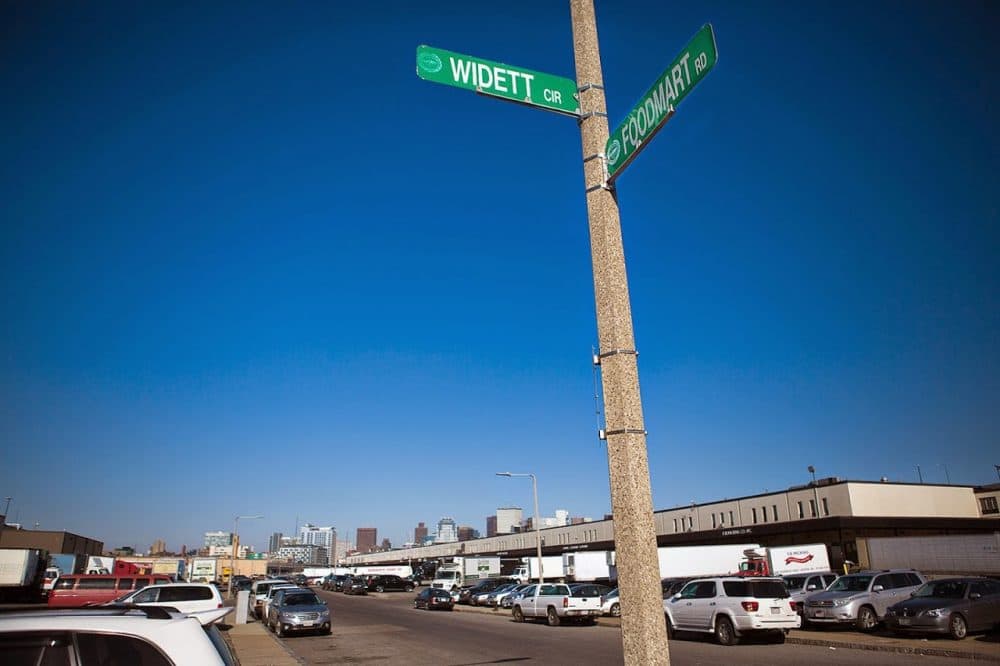Advertisement
After Failed Bid, What Can Boston Do With All That Olympic Planning?
Resume
Hours before his group's Olympic bid collapsed, Boston 2024 co-founder Corey Dinopoulos wrote a letter to Boston Mayor Marty Walsh.
Walsh had just said he would not support a guarantee to back the games with public funding in the event of cost overruns.
In the letter, Dinopoulos thanks Walsh for his support of the project and says that with or without the games, Boston needs to take action and improve in order to maintain its status as a great place to live.
"The best part of either winning or losing an Olympic bid was that you have a whole ton of master planning that was done with private money," Dinopoulos said in an interview with WBUR. "Now we have to work on implementing these ideas."
Community leaders, business executives, even those opposed to hosting the games say the proposals Boston 2024 came up with offer a rough plan for how to improve Boston over the coming decade, even without a 2024 deadline.
So the question now is, can we still create a new neighborhood at Widett Circle? And new housing at Columbia Point? And what about the myriad other projects that would have been funded as part of a 2024 Summer Games in Boston?
Dinopoulos thinks many of those ideas still have a chance. And he's backed up in that belief by one of the opponents to hosting the games here, No Boston Olympics Co-Chair Chris Dempsey.
"Boston has had an incredible trajectory since, I don't know, at least the '70s or '80s, but even in the last five or 10 years," Dempsey said. "We need to continue to maximize that and leverage that."
Throughout the Olympics debate, Dempsey said Boston didn't need the games to make big improvements. He suggests to move forward, the city should use a road map similar to the one used by No Boston Olympics in its opposition to the plan: strong-minded civic engagement.
"We have an opportunity, every two years, to vote out the people that we don't like or vote in the people that we do like or policies that we do like," Dempsey said. "What I saw in this effort is, I saw a lot of engagement from legislators, even if it wasn't decisions."
But there's still another problem, and that is how to pay for all of these projects.
"There's a market for private development at sites like Columbia Point and others, but there are other places where it's mainly infrastructure improvement and it's hard to get the private sector to pay for that because it's fundamentally a public cost," said Marc Draisen, executive director of the Metropolitan Area Planning Council.
He says in many ways losing the Olympics is a "missed opportunity" for Boston because of the development it would have spawned — much of it paid for with money raised by Boston 2024.
Draisen says while some projects may move forward, many will be slowed without deadline nine years away.
"I think we need to have some political will on both the city and the state level that says, 'We embrace growth, we see the value of growth, we want the right kind of growth in the right places for everyone who lives here currently,' " he said.
Draisen pointed out that Boston is already working on an action plan that takes it through the year 2030, with the goal of creating more than 50,000 new housing units.
That, he says, is an example of the city already planning ahead — with or without the Olympics.
This segment aired on July 29, 2015.
